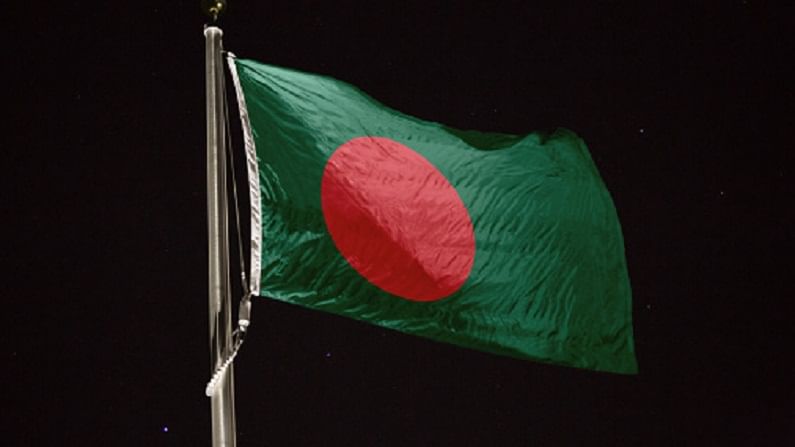The gentle tiger next door: Economic legacy of Mujibur Rahaman
If Bangladesh has reached a take-off stage for a great economic leap, it is due to the farsightedness of Mujibar Rahaman

Praising the economic journey of Bangladesh, The Economist wrote, the country that could not cover corpses is now making apparels for the whole world. That poor, populous, illiterate, ill-fed- ill-clothed Bangladesh has come a long long way in the past 50 years is common knowledge. But what is lesser known is that the economic thought of its founding father had a lot to do with the spectacular progress made by the country which was once known for the loss of numerous lives in cyclones that lashed the country regularly and bouts of tropical diseases.
The predominant image of Mujibur Rahaman is that of a feisty leader, steeped in Bengali nationalism, who took on the tyrannical Pakistan establishment that despised people and culture in erstwhile East Pakistan. But very few know the economic thoughts of the man, who realised from the 1950s that the economic discrimination pursued by the arbiters of their fate in Karachi, would result in steady impoverishment of the eastern wing of the country.
Since the liberation of Bangladesh in 1971, Mujib began harping about the need to increase production in the country as the only way to climb out of the morass where the country sunk following the discriminatory policies.
First, the Partition dealt a cruel blow to Bangladesh which was left with agriculture while the manufacturing activities went to West Bengal. Jute was the biggest example. While raw jute was mainly cultivated in the fields of East Pakistan, the jute mills were settled along either side of the Hooghly river.
The impoverishment was aggravated by the rulers from Karachi whose policies put up obstacles on the path of investment in East Pakistan.
When Awami League leader Mujib began negotiating with the rulers of Pakistan, he began to bargain on economic points. He realised that East Pakistan had ceased to be a colony of the British but was converted into a colony of Pakistan that was out to destroy the industry and economy besides language and culture. Mujib’s demands had two key points – raising revenues and generating industry.
Predictably, the establishment in Karachi and Islamabad resisted both.
On February 6, 1966, Mujib placed a six-point charter of demands in a meeting in Lahore. Four of the six points concerning matters of the economy.
He said that the powers of the government of Pakistan should be limited only to defence and external affairs. In the rest of the sectors, East Pakistan would have absolute powers to determine its future. This was done mainly with an eye to economic development.
He even wanted to introduce a separate currency for Bangladesh that would be freely convertible with that of Pakistan.
Else, he said East Pakistan would have full liberty to frame economic policy. He also said that the flight of capital from East Pakistan to West Pakistan has to be stopped. Mujib also said East Pakistan would have complete independence to levy taxes and liberty to do decide what it would do with the resources and that the Centre wouldn’t impose taxes in the eastern part of the country.
In short, East Pakistan would have its own budget.
However, he admitted that East Pakistan would share a certain part of the tax revenues with Pakistan so that it can run the government.
Farsighted Mujib also sensed that the people of East Pakistan had skills that would find markets abroad and that separate accounts should be maintained of the foreign trade that they would carry out and the proceeds would be in control of the authorities in this part of the country. If Islamabad needs foreign currency, East Pakistan would give it for their use.
East Pakistan should have the liberty of sending its own representatives to foreign countries and strike its own deals for commerce.
There should be no tariff barriers in the flow of goods between the various provinces of Pakistan.
In fact, Mujib initially did not seek independence. When his demands were turned down, Awami League veered towards full independence.
Now when Bangladesh has been recognised as a garment producer of the world, one can trace the origins of this development to the economic thoughts of Mujib, who had a clear idea of the weaving and stitching skills of the people of his land that was behind the fabled muslin that was in high demand all over the world during and even before the British invaded India.
If today, Bangladesh has been able to address hunger more efficiently than Pakistan and India, the moustached, bespectacled leader who studied in Maulana Azad College in central Kolkata can rightfully claim part of the credit.